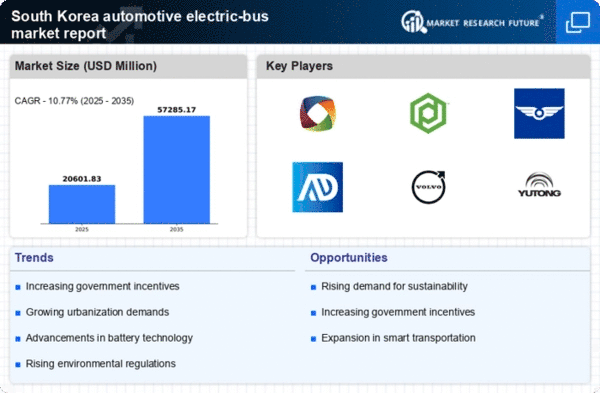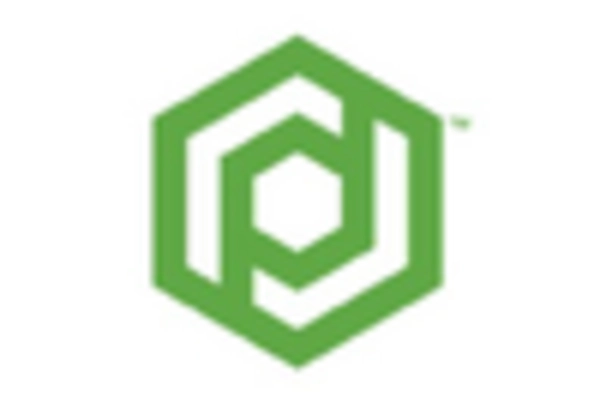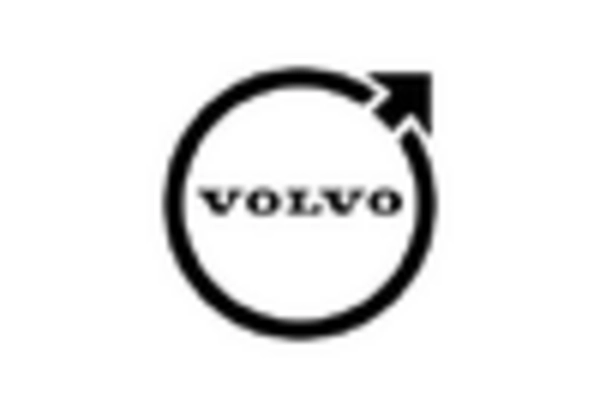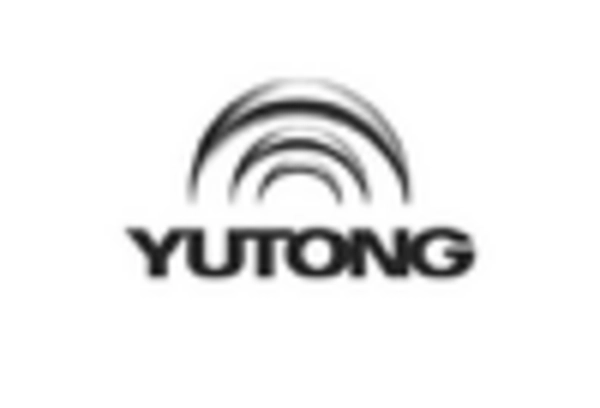Regulatory Framework Enhancements
The automotive electric-bus market in South Korea is experiencing a transformation due to the implementation of stringent environmental regulations. The government has introduced various policies aimed at reducing greenhouse gas emissions, which has led to an increased focus on electric vehicles, including buses. As of 2025, the South Korean government aims to have 30% of public transport vehicles electrified, which could significantly boost the automotive electric-bus market. This regulatory framework not only encourages manufacturers to innovate but also incentivizes public transport operators to transition to electric buses, thereby enhancing the overall market landscape.
Economic Viability and Cost Savings
The automotive electric-bus market in South Korea is becoming increasingly attractive due to the economic viability of electric buses. With the total cost of ownership for electric buses decreasing, operators are recognizing the long-term savings associated with lower fuel and maintenance costs. Studies indicate that electric buses can save up to 30% in operational costs compared to their diesel counterparts. This financial incentive is likely to drive more public transport agencies to invest in electric buses, thereby expanding the automotive electric-bus market. As the cost of battery technology continues to decline, the market could see a further increase in adoption rates.
Infrastructure Development Initiatives
Infrastructure development plays a crucial role in the automotive electric-bus market in South Korea. The government is investing heavily in charging infrastructure, with plans to install over 10,000 charging stations by 2026. This initiative is expected to alleviate range anxiety among operators and promote the adoption of electric buses. Furthermore, the integration of smart grid technology is likely to enhance the efficiency of charging systems, making electric buses more appealing to fleet operators. As infrastructure improves, the automotive electric-bus market is poised for substantial growth, potentially increasing market penetration by 15% over the next five years.
Public Transport Modernization Efforts
The automotive electric-bus market in South Korea is benefiting from ongoing modernization efforts within the public transport sector. Cities are increasingly prioritizing the transition to electric buses as part of their urban mobility strategies. This shift is driven by the need to enhance air quality and reduce noise pollution in urban areas. As municipalities invest in modernizing their fleets, the demand for electric buses is expected to rise. Reports indicate that by 2025, over 40% of new bus purchases in major cities could be electric, indicating a strong upward trend in the automotive electric-bus market.
Technological Innovations in Electric Buses
Technological advancements are significantly influencing the automotive electric-bus market in South Korea. Innovations in battery technology, such as solid-state batteries, are enhancing the performance and range of electric buses. These advancements are expected to improve energy density and reduce charging times, making electric buses more competitive with traditional vehicles. Additionally, the integration of advanced telematics and connectivity features is likely to optimize fleet management and operational efficiency. As these technologies mature, they may lead to a more robust automotive electric-bus market, with projections suggesting a potential market growth of 20% by 2030.

















